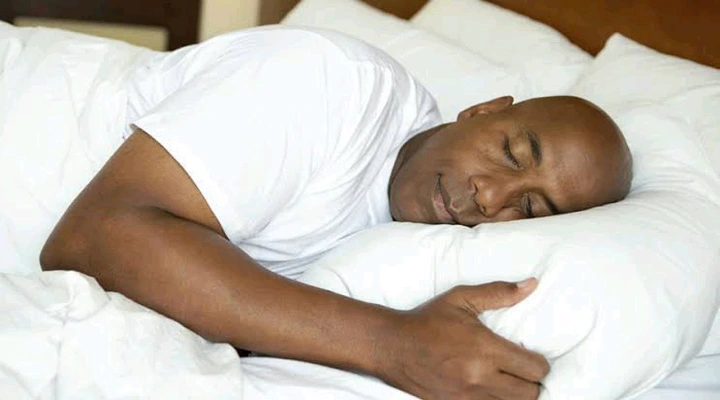Die: Unexpected deaths occurring during sleep in this region are both shocking and perplexing.
It is heartbreaking to fall asleep and wake up to the news of a loved one’s passing.
This tragic occurrence has led some to question the true causes behind sleep-related deaths.
In the interest of education, this article will delve into the causes of sleep-related deaths and provide suggestions for reducing the risk of such incidents.
Take a moment to relax and allow this article to offer you valuable insights.
Why do some individuals pass away in their sleep?
1. Cardiac arrest is a common cause of death during sleep.
The vulnerability of the heart during sleep makes any cardiac abnormality potentially fatal.
As a result, when someone passes away while sleeping, cardiac arrest is often identified as the cause of death.
2. Another potential cause is a heart attack.
A heart attack occurs when the blood vessels supplying the heart’s muscular tissue become blocked, compromising its ability to pump blood.
If this condition is not promptly addressed, it can lead to rapid organ and tissue failure, resulting in death during sleep.
3. Trauma or carbon monoxide poisoning can also result in sleep-related deaths.
According to healthline Traumatic events such as earthquakes can cause fatalities while people are sleeping.
Additionally, carbon monoxide poisoning can occur if one is exposed to vehicle exhaust or improperly channeled generator smoke while sleeping.
Such incidents can lead to unexpected deaths during sleep.
4. Stroke is another possible cause of death during sleep.
Conditions that impede blood flow to the brain, such as irregular heartbeat, high blood pressure, high cholesterol, or the presence of blood clots, increase the risk of brain cell death.
When brain cells die due to lack of oxygenated blood, breathing, opening one’s eyes, controlling muscles, and regaining consciousness become difficult or even impossible.
Strokes occurring unexpectedly at night can be fatal, with the individual unable to regain consciousness.
How can you reduce the likelihood of these incidents?
1. Avoid exposure to environments where smoking is prevalent to minimize the risk of carbon monoxide poisoning.
This proactive step will help you steer clear of the harmful effects of carbon monoxide gas.
Additionally, ensure that generator smoke is properly channeled away from your living space to prevent any potential poisoning.
2. Regularly monitor your blood pressure and cholesterol levels, especially if you have a history of high blood pressure or cholesterol.
This proactive approach will safeguard against the occurrence of a stroke while you sleep or during waking hours.
If you have a cardiac condition, it is vital to adhere to your prescribed medications and not put yourself in potentially life-threatening situations.
By raising awareness and taking preventive measures, we can work towards minimizing sleep-related deaths.
Stay informed by following our account for further healthcare-related information.


